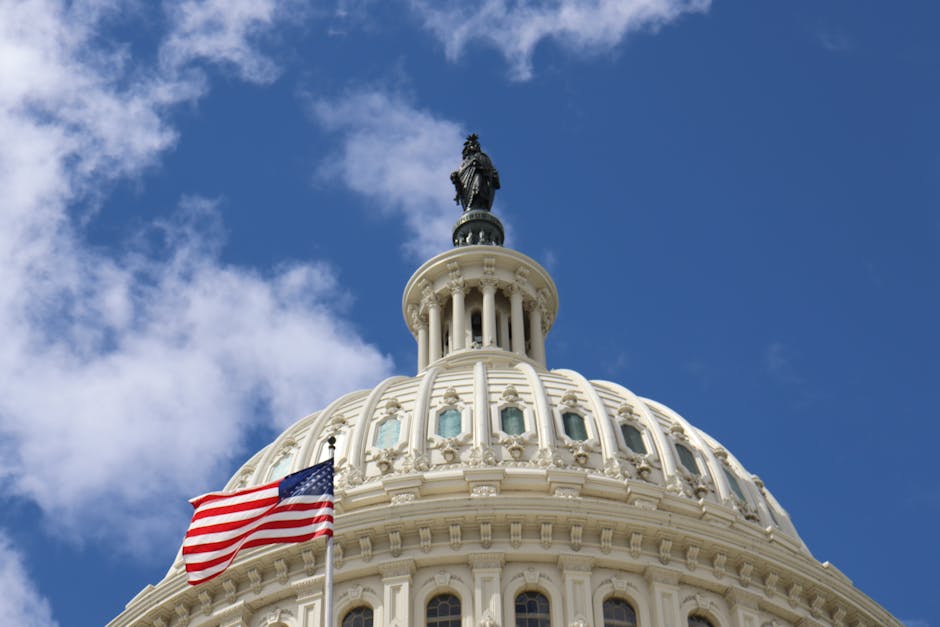The pursuit of sustainable development and societal progress is a complex undertaking, particularly for nations grappling with the legacy of historical inequalities and persistent global imbalances. A multitude of interconnected political challenges hinders their advancement, demanding nuanced strategies for overcoming systemic obstacles. This article delves into these intricate hurdles, exploring their multifaceted nature and implications.
A significant obstacle for developing nations is the pervasive problem of weak governance. This encompasses a range of issues, from inadequate institutional capacity to rampant corruption. Institutions often lack the resources, expertise, and accountability mechanisms needed to effectively deliver public services, enforce the rule of law, and manage resources equitably. This deficiency frequently manifests in a lack of transparency in decision-making processes, leading to public distrust and hindering participation in democratic governance. Furthermore, the prevalence of corruption siphons off critical resources that could be invested in education, healthcare, and infrastructure, perpetuating cycles of poverty and inequality. A direct consequence of this weak governance is a loss of public confidence, as citizens perceive a disconnect between their needs and the actions of the government. This disaffection can manifest in political instability, social unrest, and ultimately, hinder sustainable development.
Another major challenge concerns the susceptibility to external pressures and influences. Global economic forces, including fluctuating commodity prices, debt burdens, and volatile financial markets, can disproportionately impact developing nations, exacerbating their vulnerabilities. Often, these nations find themselves reliant on foreign aid or investment, which may come with strings attached, potentially jeopardizing their autonomy and sovereignty. Moreover, powerful international actors, through trade policies, sanctions, or geopolitical maneuvering, can exert considerable influence on their domestic political landscapes. This external pressure can further complicate internal political dynamics, obstructing the implementation of policies designed to address specific national priorities. External debt, for example, can shackle a nation’s ability to invest in crucial sectors like education and healthcare, compounding existing development hurdles.
Political instability and conflict are intertwined with development challenges in many developing countries. Frequent power struggles, civil unrest, and armed conflicts create an environment of insecurity, disrupting economic activities, hindering infrastructure development, and displacing populations. Such turmoil disrupts educational opportunities, undermines healthcare systems, and severely hampers long-term economic prospects. Moreover, conflicts can fuel cycles of poverty and resentment, making it even harder to establish a stable and inclusive political order. This instability often stems from ethnic tensions, historical grievances, or competing political ideologies, demanding robust conflict resolution strategies and sustainable peacebuilding initiatives.
Inequitable distribution of power and resources, often along socio-economic or ethnic lines, is another crucial obstacle to progress. Marginalized groups frequently lack representation in political processes, leading to a lack of voice and agency in shaping policies that affect their lives. This disparity in power dynamics translates to unequal access to education, healthcare, and economic opportunities, reinforcing systemic inequalities and hindering inclusive development. Addressing this requires proactive measures focused on strengthening the voices and participation of marginalized groups, promoting inclusivity, and ensuring their equal representation within the political system.
The lack of strong democratic institutions and practices represents yet another stumbling block for developing countries. This translates into weak or ineffective opposition parties, limited access to information, and a climate of impunity that hinders the rule of law and the exercise of fundamental rights. These weaknesses hamper the accountability of governing bodies, allowing corruption and abuse of power to thrive. Cultivating strong democratic institutions, promoting transparency, and empowering opposition voices are paramount to engendering a stable political environment conducive to economic progress and societal well-being.
Addressing these challenges necessitates a multifaceted approach. Firstly, bolstering the capacity of national institutions through enhanced training, technical assistance, and investment in governance reform is paramount. Secondly, creating pathways for greater economic independence from external pressures is equally vital. This involves promoting diversified economic sectors, strengthening international trade partnerships based on fairness and reciprocity, and fostering a supportive global environment that prioritizes development over exploitation. Thirdly, establishing strong mechanisms for conflict resolution and peacebuilding is critical to creating a stable environment conducive to development. Fourthly, empowering marginalized groups through education, training, and representation is essential to create an inclusive political system. Finally, promoting transparency and accountability, strengthening democratic institutions, and ensuring freedom of expression are key to building a more just and equitable political landscape.
The path towards sustainable progress in developing nations is fraught with complex political challenges. Addressing these multifaceted obstacles requires a commitment to comprehensive reforms, encompassing institutional strengthening, economic diversification, conflict resolution, and inclusion. By understanding the interconnected nature of these issues, and through the collaborative efforts of governments, international organizations, and civil society, these nations can overcome their hurdles and achieve a more just and prosperous future.
